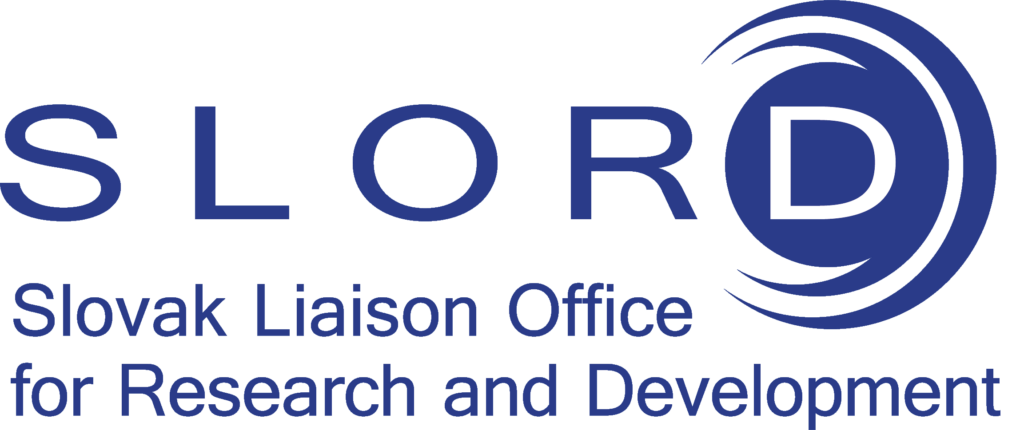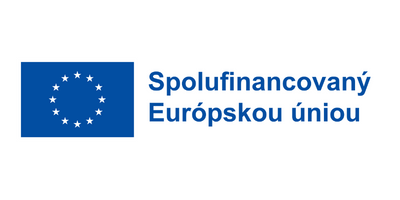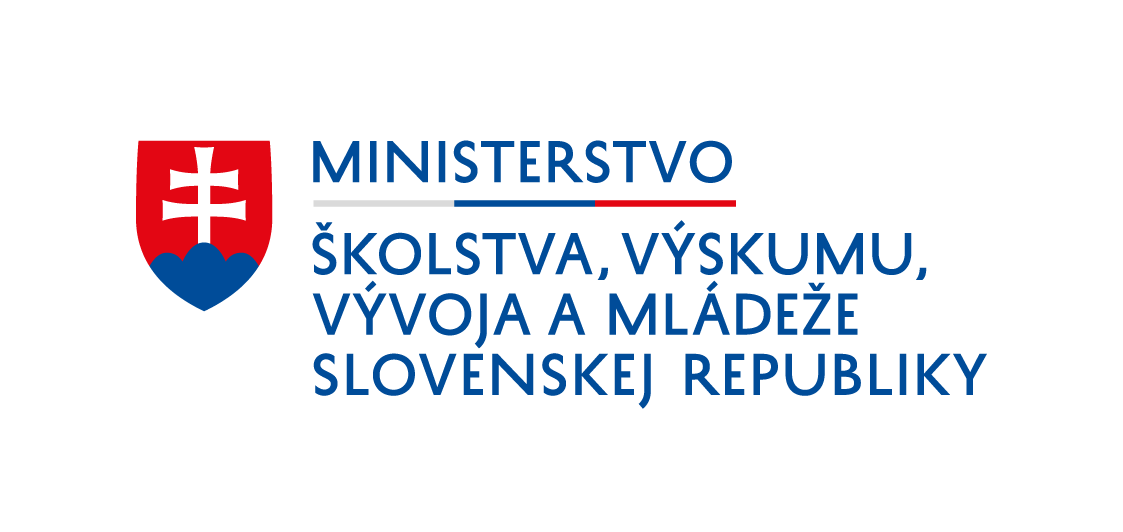
Report of The Slovak Alliance for Innovation Economy (SAPIE) aims to map Slovakia’s path on the digital innovation journey during the 30 years of its independent existence, as well as to offer a vision of its future development in this area. During the past three decades, Slovakia evolved from a country that former U.S. Secretary of State Madeleine Albright described as the “black hole of Europe” back in 1997, to a country which is competitive thanks to its educated workforce and has been the world’s largest producer of cars per capita since 2007.
Startups
The Slovak startup scene has evolved and each year brings more and more inspiring success stories. The local startup scene is still relatively small, however, numerous Slovak startups seem poised for global success.
We try to make such success stories visible on the English version of our website and on social media under #SKstartUP.
Slovak startups can’t rely solely on talent, creativity and energy. The ecosystem needs to be more developed, interconnected and stable, and provide clear guidance, financing options, and attract more talent. Innovate Slovakia is a great example of how to make the ecosystem more organized, efficient and collaborative.
E-commerce
The Covid-19 pandemic and its implications for retail boosted digitalization worldwide. Slovakia was no exception, as businesses were forced to adapt their strategy to the pandemic situation. After having established a strong position in Slovakia, local e-commerce businesses face the challenge of expanding their customer base abroad.
Digital Skills
Slovakia has also been evaluated as the most vulnerable OECD country in terms of potential job loss due to automation and industry 4.0 transformation. To stay competitive, Slovakia needs to transform its economy to be more diversified, resilient and digital, and provide more support for digital skills, lifelong learning and research.
Smart Cities
The smart city concept offers sustainable solutions to these challenges based on better use of digital technologies and the resulting data. In order to succeed, the decision makers at all levels should be familiar with the available opportunities, the overall strategy, as well as with lessons and case studies from other cities.
Cybersecurity
Cyber threats continue to proliferate and pose huge risks to both private and public organizations. In Slovakia, the topic of cybersecurity and its development is closely connected to the story of one company – ESET, which is the brightest example of a digital Slovak company reaching global success.
Brain drain remains to be an ongoing problem which is crippling the Slovak labour market, because 17% of Slovak students enrolled at universities abroad. The skills shortage in cybersecurity is even more pronounced as cybersecurity has been among the most in demand professions for several years globally.
Artificial Intelligence
The implementation of AI into our daily life opens up vast possibilities how to improve its quality. The price for this comfort and new opportunities comes in the form of difficult questions regarding the boundaries between human and artificial intelligence. KInIT and HOPERO are two organizations which took it upon themselves to advocate wider and better use of AI to help companies innovate and succeed in the digital economy.
For more information:
Published on 9. 6. 2023, slord



